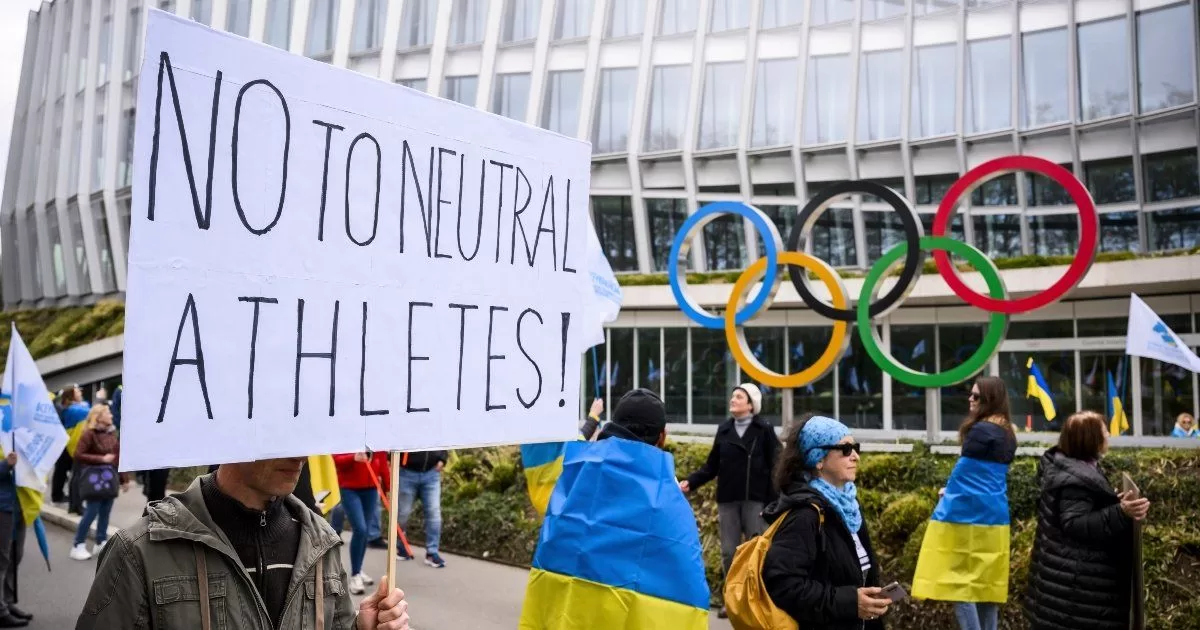The “Financial Times” wrote of “one of the most bitter takeover battles in Latin America”, not only the assets amounting to 20 billion are at stake, but also the future of the Colombian stock market and even the integrity of the government. At the center of this financial thriller is a name that is associated with wealth and power in the Andean state: Gilinski.
The banker is considered the second richest Colombian, he made his money by building local banks into multinational institutions. Gilinski is ranked 687th in Forbes’ list of the richest people in the world with a net worth of $4.2 billion.
Gilinski has been pursuing a goal that is not easy to achieve for a long time: he wants to break up and partly take over a company network that has grown over a long time, the Grupo Empresarial Antioqueno (GEA). Then the entrepreneur would control assets as valuable as half of the country’s entire stock market. In addition, there is decision-making power over around 125 companies in the conglomerate, as reported by the Finance Colombia business platform.
Takeover in stages
This Goliath versus Goliath battle began in November 2021, when Gilinski, together with partners from Abu Dhabi’s royal family, wanted to take over the food processing group Nutresa. He later also bid for the financial conglomerate Sura and the cement company Argos. They all belong to GEA, interwoven through a network of cross-shareholdings.
It was soon clear to everyone involved: Gilinski wants to break through this net, which is designed to prevent hostile takeovers. Smaller shareholders and pension funds sold quickly, lured by a premium to recently fallen share prices. But the important investors from Medellin, according to the “Financial Times”, refused and thus denied the banker his goal – for the time being.
Gilinski didn’t give up, he’s since bought whatever shares he could get his hands on. After seven attempts and investing 2.9 billion dollars, he now holds 39 percent of Sura and, together with his partners from Abu Dhabi, almost 32 percent of Nutresa. He sits on the supervisory board of both companies, but he still lacks the majority.
stalemate and mutual reproaches
GEA and Gilinski maneuvered themselves into a stalemate, and since then things have been flying deep in Colombia’s business world. Representatives of GEA and Gilinski alternately accuse each other of political influence, poor corporate governance and biased media reports.
Gilinski’s son Gabriel owns the investigative magazine Semana, which has published a number of articles on GEA’s management. It read, for example, that those responsible flew to vacations in the Caribbean with company jets. GEA, in turn, owns the newspaper El Colombiano, which has been critical of Gilinski’s business tactics.
Sura executives and shareholders also claimed that the Gilinskis had overly close ties with top Colombian politicians, including ex-President Ivan Duque. For example, Gilinski was part of Duque’s business delegation on a visit to Abu Dhabi just days before his first takeover bid. Duque denies any influence, he simply has a good relationship with the Gilinksi family, just like with other business leaders in the country.
“Felt threatened”
But there are also allegations that the Gilinskis exerted undue pressure. The Financial Times quoted former Sura board member Luis Santiago Cuartas: “He told me several times that I would be sacrificed (…). I felt threatened.” Another insider said Gabriel Gilinski constantly pressured Sura board members to sell their stake in Nutresa and threatened lawsuits. “He told us that we would all end up penniless and in prison,” it said.
The Gilinskis, in turn, accused opposing managers of only defending their own interests rather than enhancing value for all shareholders. “These are public companies and they cannot be run like a country club for the benefit of management and certain shareholders,” Gilinski said.
The cross-shareholdings would inhibit returns and encourage secrecy. “The cross-shareholding structure, with managers electing each other and their boards, creates a lack of accountability and transparency.”
Claims and Counterclaims
The interim balance of the bidding war has so far amounted to various lawsuits and counterclaims about whether a share purchase was legal and also about a possible inappropriate influence on those responsible. This could now become a year-long legal dispute or a negotiated solution. In any case, the result should determine the future of the largest company alliance in the country and of course also the future of the influential business family Gilinski, it is a fight for billions, for reputation and power.

